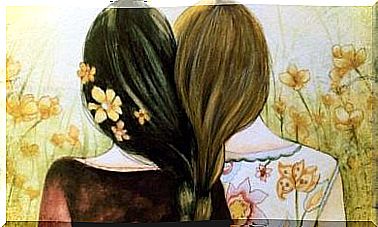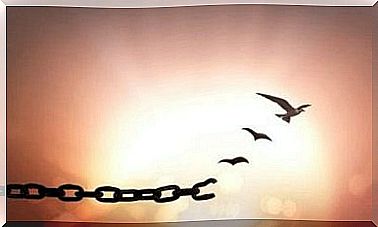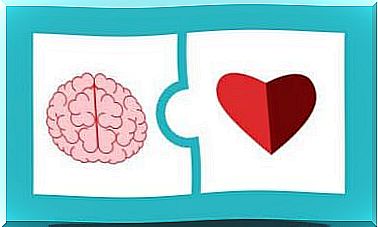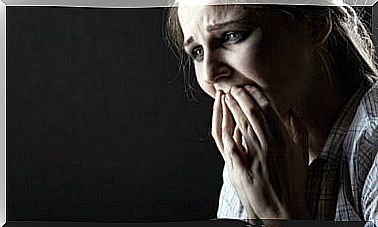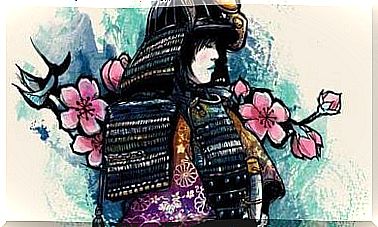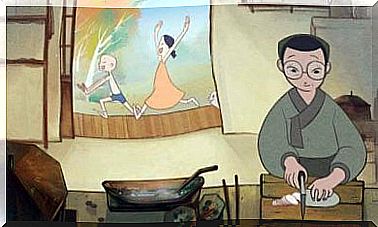Resisting The ‘happycracy’: Having A Bad Day Too
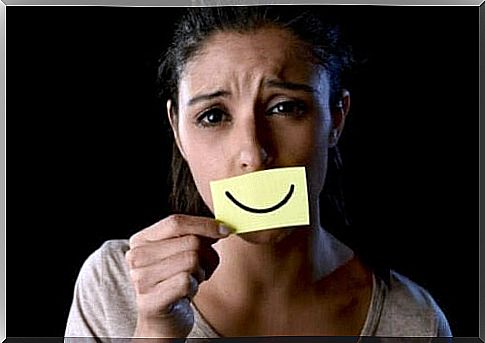
Positive psychology came together in the 1990s with the work of psychologist Martin Seligman. He defined it as ‘the scientific study of what makes life worth living’. Since then, life coaches and self-help books essentially force you to be happy. The term of this “dictatorship” of happiness is called “happycracy.”
Today we are going to talk about the psychological implications of imposing happiness. Is it wrong to have a bad day? Does a bad mood sometimes mean I’m sick? If I’m upset because things aren’t going well, do I need professional help to help manage my life? The answer is a resounding “no”!
In fact, pathologizing normal emotions leads to an epidemic of unhappiness. Ironically, if you feel like your happiness doesn’t match the conventional definition, you’ll feel even more miserable.

What is happycracy?
What is happiness? Is its meaning universal? Can someone teach you to be happy or give you the tools to be happy? The positive psychology industry would say yes. If that were true, the incidence of major depressive disorder and the rate of suicide would not rise so quickly.
The message of happycracy is that if you are not satisfied, it is your own fault. It blames your thinking and your coping skills in different situations, as well as your inability to deal with negative emotions.
After all, today you have an entire industry at your fingertips to help you be happy. Life coaches, self-help books, bathroom mirror stickers to remind you to smile while brushing your teeth… Happiness is a business, in every sense of the word.
It seems that this obligation can be traced back to the James-Lange theory of emotion. This theory erroneously stated that feelings arise from facial expressions. That’s like saying “I’m sad because I’m crying” instead of “I’m crying because I’m sad.”
So, even if the world goes to hell, all I have to do is smile to feel happy again? Or if I’m going through a rough patch in my life, will a message on a coffee cup make everything better?
It seems ridiculous, but the number of people who believe in these posts is staggering. The problem is that the consequences of positive thinking are often very negative. The first consequence is complete and absolute intolerance to discomfort, however minimal.
What are the consequences of forced happiness?
As we just mentioned, people today are quite intolerant of discomfort, their own and that of other people. We don’t like to be sad because it makes us feel weak.
How many times have you said (or heard someone say) to someone who is crying, “Don’t cry!” And how many times have you said “I don’t want to cry” when your body is begging you to do it? Emotions are adaptive, they serve a purpose. Crying is sometimes very necessary and healthy.
If you try to suppress emotions, you may feel worse than you did in the beginning. They can even cause you serious emotional disturbances. Below we list some of the consequences:
Guilt
Feelings of guilt and varying levels of pressure. Busy because happiness forces you to be okay right now, because life is great and if you cry, you’re wasting it. And guilt, not just for feeling bad at some point, but for not doing what you need to do to feel better.
You may need to be sad for a week, but that’s too much for society. Your emotions are not normal. Instead, you exaggerate and get carried away.
People may even think you enjoy feeling depressed. The happycracy makes you a less empathetic person, able to blame other people for their unhappiness. Is there anything less human than that?
This, in turn, can lead to:
Loneliness and lack of social support
This is one of those rare times when the negative things you think that other people think about you can actually be true. You feel that the people around you will not be able to accept your emotional state.
Maybe they really can’t tolerate it, so they distance themselves. This happens because, just as you cannot accept your own grief and discomfort, you do not know how to respond to others.
We are social beings. The reality is that a good support network is often the key to getting through a rough time or recovering from a bad experience. You feel loved, validated and accepted. Without this things get complicated. Your problems seem bigger and you are more stressed and anxious.

Resistance to the happycracy: respect your emotions and those of others
Personally, I’m more of a Grinch than a Santa. For me, however, there is nothing more sincere and wise than to accept grief and anger. It’s normal to have bad days too, no matter how resilient you are. Sometimes life gives lemons and you don’t feel like making lemonade. Difficult circumstances that overwhelm you with no easy way out.
Having a bad day and feeling bad doesn’t make you a bad person. It makes you a real person. Beware of people who are always happy, for eternal well-being does not exist. Perhaps their coping strategy is avoidance, which is much less healthy and constructive than experiencing and accepting negative emotions.
Emotions, both positive and negative, serve different purposes. In other words, they are necessary. Hiding them all the time only makes things worse.
Respecting your emotions and the emotions of others, normalizing them and encouraging emotional expression doesn’t just make you more human. It also encourages a healthy and respectful transition to a more positive emotional state. One without obligations, impositions or a timeline. Remember that you are so much more than one negative emotion.
